During last month’s Party of 5 Challenge, Tim and I arranged for the team to spend a night at the Ritz-Carlton Santiago in Santiago, Chile. We accounted for that stay as having used two of Greg’s Amex Platinum Fine Hotels & Resorts® credits, but in reality, we ran an experiment: we booked one reservation through Amex Fine Hotels & Resorts and the other through Marriott STARS, which is Marriott’s preferred partner booking program. While these programs offer benefits that look more or less identical on paper, we discovered that there was a small but not insignificant difference in how they worked when it came to our upgrades.
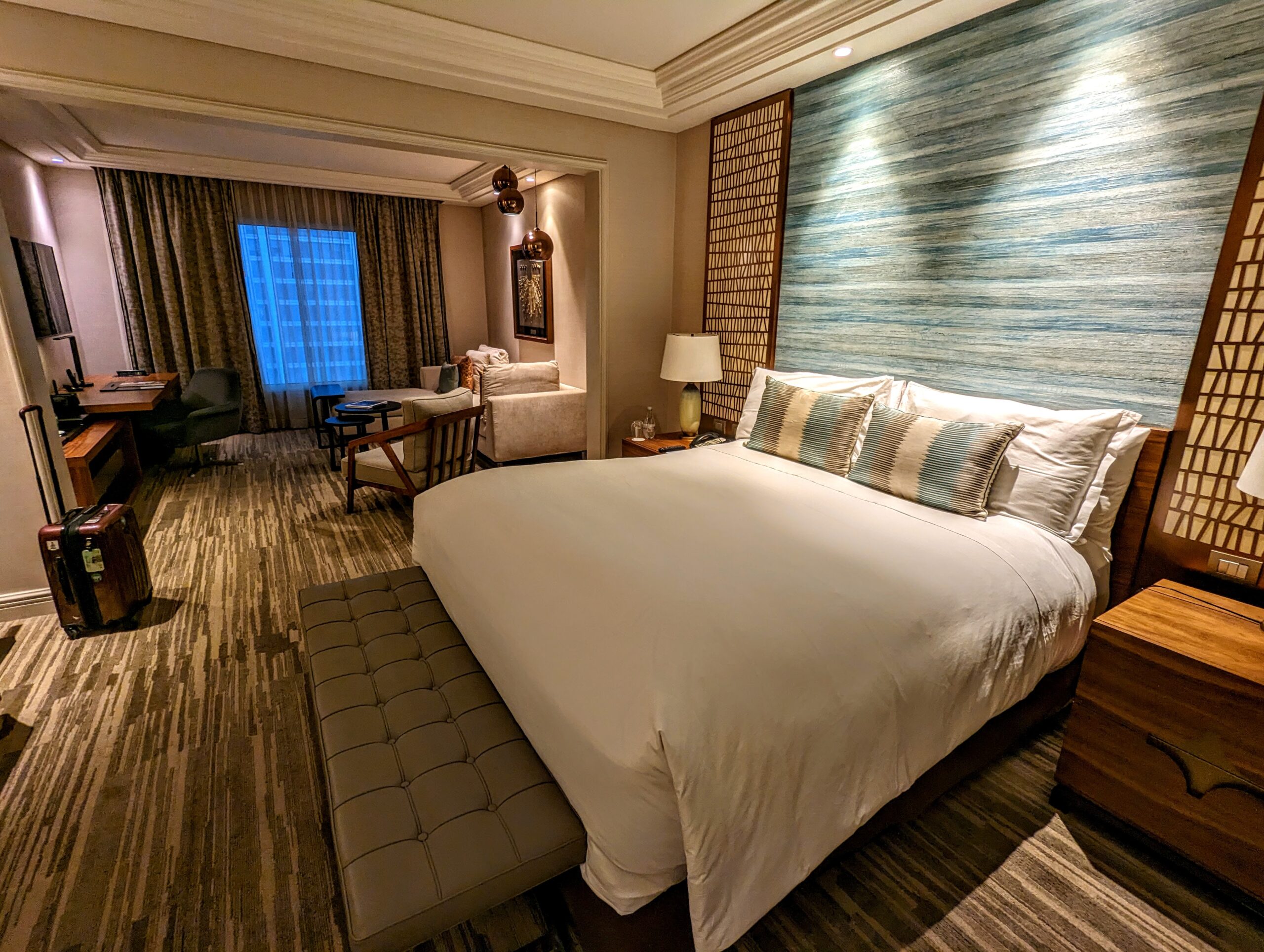
What are hotel preferred partner booking programs?
While most readers are likely familiar with some credit card luxury booking platforms like Amex Fine Hotels & Resorts, many may be less familiar with other hotel preferred partner programs. We have a post that explains these programs in depth — see Getting the elite experience without elite status via credit card & preferred partner hotel booking programs for full details.
In short, each of the major hotel chains has a dedicated travel advisor booking program whereby you can book luxury properties through an advisor and receive extra benefits that closely mirror those you would otherwise get when booking through Amex Fine Hotels & Resorts, Virtuoso, or other similar programs. The idea here is that each chain wants to have a dedicated travel advisor program to harness the chain’s most valuable guests and give them a more personalized experience.
The nice thing about booking through these programs is that you still earn full elite credit, hotel points, and get your hotel elite status benefits when booking through these programs (which holds true with both Amex Fine Hotels & Resorts and chain-specific programs like Hyatt Prive, Hilton Luminous, etc). I have previously written about my experience with Hyatt’s travel advisor platform, Prive: Hacking Hyatt: Prive for the win in New York City.
Marriott actually has two such programs: Marriott STARS includes all BVLGARI, EDITION, Luxury Collection, Ritz-Carlton, Ritz-Carlton Reserve, St. Regis properties. Marriott Luminous includes select Autograph Collection, JW Marriott, Le Meridien, Marriott, Renaissance, Tribute Portfolio, W Hotels, Westin properties. Again, you can read more details about both programs in the post Getting the elite experience without elite status via credit card & preferred partner hotel booking programs.
Bookings through Marriott STARS receive the following benefits:
- Complimentary full or continental breakfast daily for up to two people per room
- Hotel credit valued at $100 (USD) once per stay
- Room upgrade (subject to availability at check-in)
- Complimentary basic Wi-Fi daily
- Personalized welcome amenity and note
- No minimum length of stay to receive benefits
If those benefits sound familiar, it is because they are very similar to the benefits of booking through American Express Fine Hotels & Resorts. Benefits through Amex’s luxury hotel booking program include:
- Daily breakfast for 2
- Guaranteed 4 pm late check-out
- Complimentary Wi-Fi
- Unique property amenity (usually a $100 resort credit, food & beverage credit, or spa credit)
- Noon check-in when available
- Room upgrade upon arrival based on availability
- No minimum stay requirement
As you can see, the benefits are almost identical. (Note that Marriott’s Luminous program is a bit different, but it isn’t relevant for the purposes of this post).
The initial key difference between booking through a program like Amex Fine Hotels & Resorts and booking through a hotel chain’s own preferred partner booking program is that you must find a travel advisor who is affiliated with the chain-specific program of your choosing in order to make a booking (so you need an advisor who is affiliated with Marriott STARS or Hyatt Prive or Hilton Impresario or Four Seasons Preferred Partner, etc). Whereas an Amex Platinum cardholder can make an Amex Fine Hotels & Resorts booking online at any time, you’ll need to reach out to a travel advisor to make a Marriott STARS booking.
We have an affiliate relationship with TravelZork, which has all of the above preferred partner program affiliations (and quite a few others). We list their contact information in the post Getting the elite experience without elite status via credit card & preferred partner hotel booking programs, so that’s the advisor we used for our booking. See this page for more details on TravelZork.
There are lots of other advisors affiliated with these booking platforms, and booking policies vary from one to another. For instance, TravelZork ordinarily charges a fee of $50 for hotel bookings of less than $500, so you would need to be staying in Santiago for longer than our one-night stay to avoid that fee (I imagine few readers are planning a single night at a luxurious hotel, so that probably won’t be much of a roadblock for most).
Advantages of using Amex Fine Hotels & Resorts
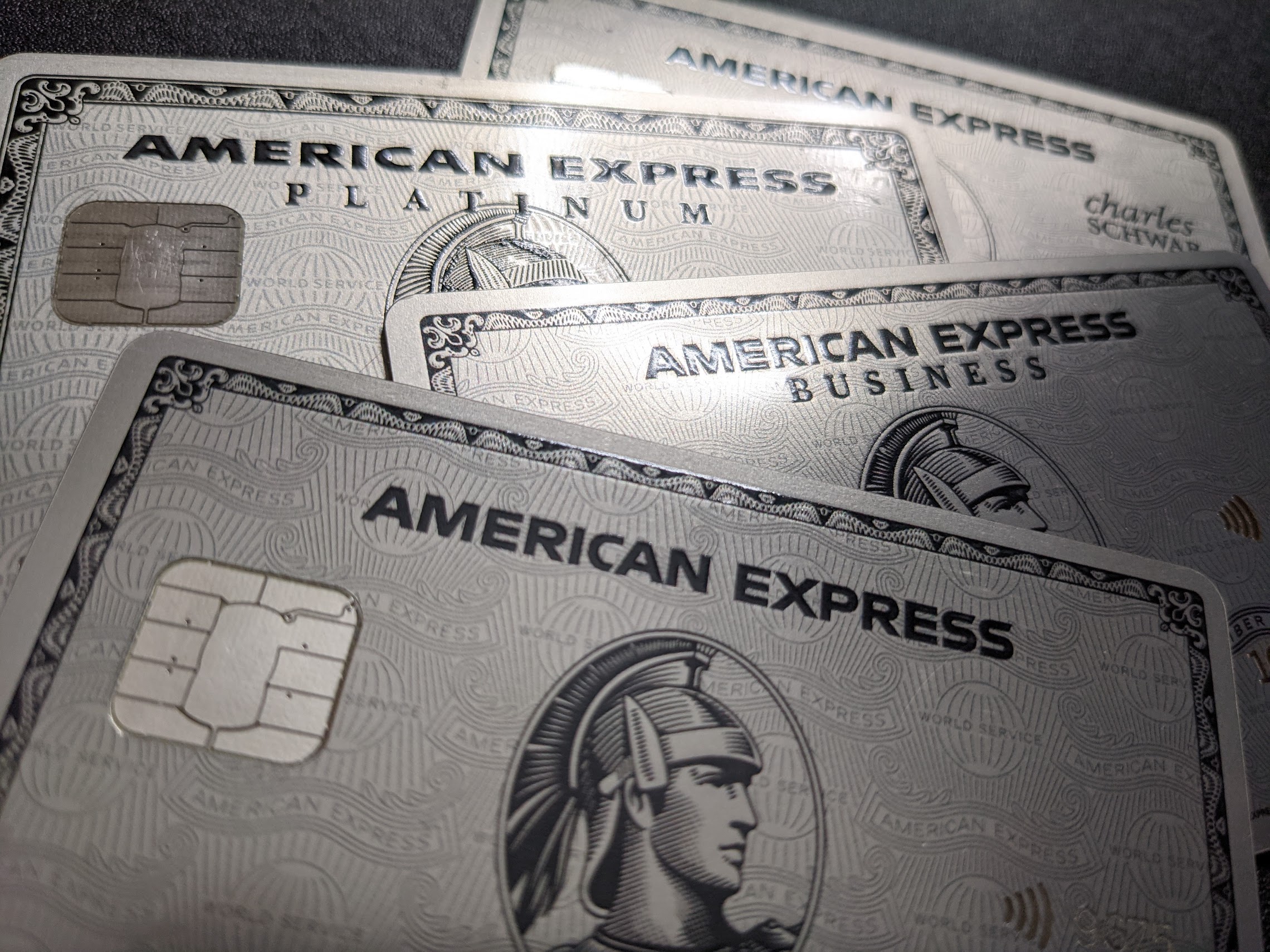
Amex Fine Hotels & Resorts is the luxury hotel booking platform for Amex Platinum cardholders (both consumer and business Platinum cardholders have access). Booking through FHR includes the following benefits:
- Daily breakfast for 2
- Guaranteed 4 pm late check-out
- Complimentary Wi-Fi
- Unique property amenity (usually a $100 resort credit, food & beverage credit, or spa credit)
- Noon check-in when available
- Room upgrade upon arrival based on availability
- No minimum stay requirement
Fine Hotels & Resorts bookings can easily be made online through Amex Travel. Rates at most hotels typically match the “Standard Rate” at properties included in the program. That is to say that the rate through FHR isn’t always the best possible rate at the included properties (for instance, a AAA code or corporate code may yield a better rate), but they usually match the “standard” rate when booking direct. A key advantage of booking via FHR is that there are no additional fees or minimum booking requirements. I have often used FHR on single-night stays (often focusing on properties that cost ~$250 or less per night, which are not common but exist in some instances).
Consumer Platinum cardholders have an annual reason to take a look at FHR. That’s because the consumer Platinum card comes with up to $200 in credits annually (now $600) toward a booking or bookings through Amex Fine Hotels & Resorts or The Hotel Collection. While The Hotel Collection has a 2-night minimum stay requirement, the $200 credit can apply toward single-night Fine Hotels & Resorts bookings.
The key advantages of booking through FHR are the ability to self-serve your reservation (booking online through Amex Travel without an advisor), the lack of any minimum booking amount, and the existence of the Platinum card statement credit benefit.
Advantages of using Marriott STARS
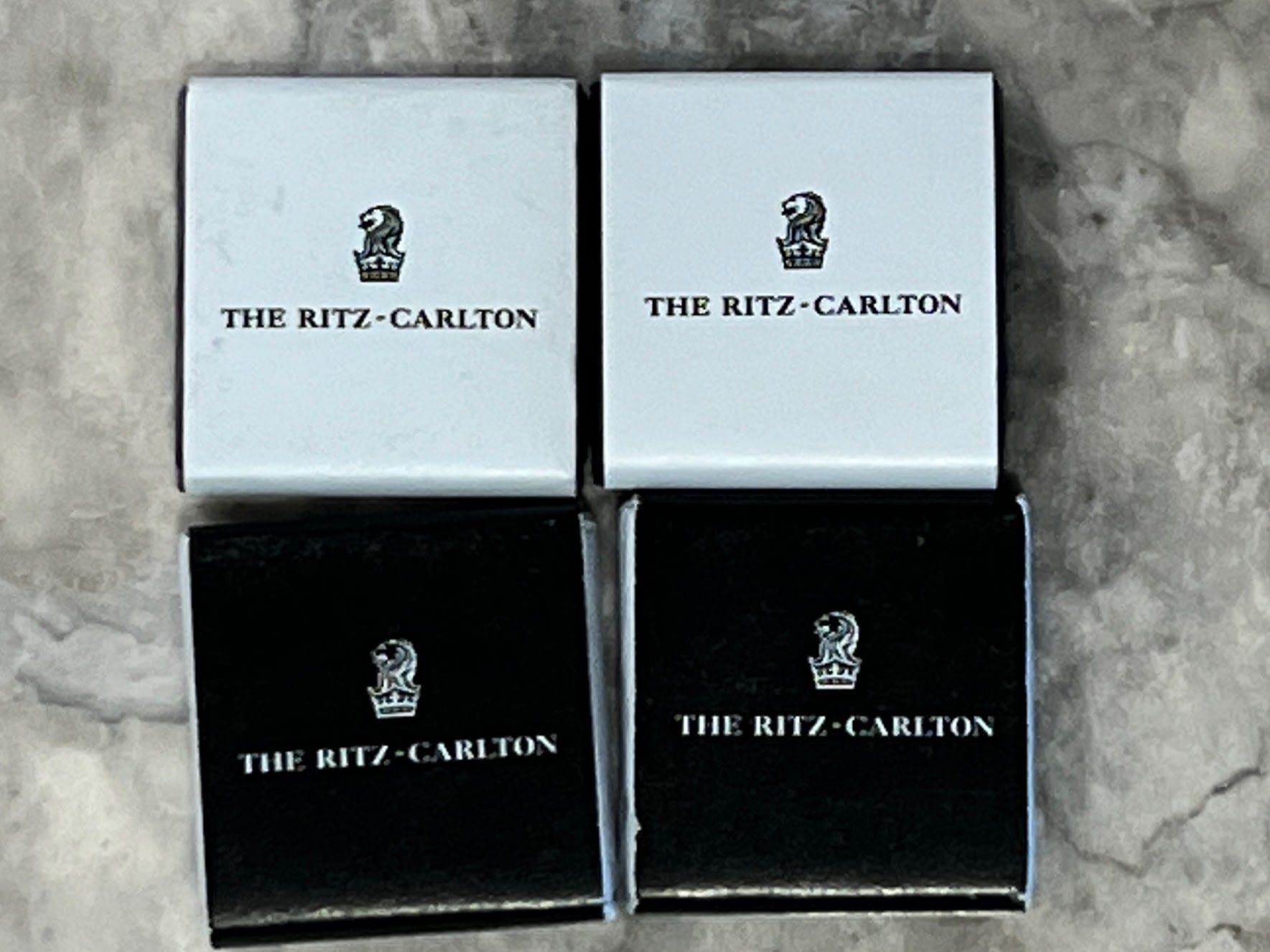
On paper, the benefits of booking through Marriott STARS are almost identical to those offered by Amex Fine Hotels & Resorts. Those benefits include:
- Complimentary full or continental breakfast daily for up to two people per room
- Hotel credit valued at $100 (USD) once per stay
- Room upgrade (subject to availability at check-in)
- Complimentary basic Wi-Fi daily
- Personalized welcome amenity and note
- No minimum length of stay to receive benefits
However, a key unstated benefit of the program is that you are booking through a human travel advisor who presumably has the ability to reach out to the hotel on your behalf to convey requests and make associated arrangements. That worked out well for us.
While the flip side of that coin means that you can not self-serve reservations online as instantly as you can through a program like FHR, many advisors who handle these reservations are pretty responsive. For instance, TravelZork’s standard response time for booking requests is 72 hours, but you can make an “urgent” request for a response within 24 hours if need be. In my experience working with TravelZork on a handful of reservations, responsiveness has consistently beaten expectations. Obviously, this can vary from one advisor to another and from one day of the week to the next, depending on the volume being handled.
All that said, we were particularly interested in whether there would be any difference on the property’s end in terms of recognizing a booking made through the chain’s own travel advisor program versus a booking made through a more “public” platform like Amex FHR (though of course keep in mind that Amex FHR still isn’t exactly public since it requires having a credit card that carries a $895 annual fee).
Are Marriott STARS bookings treated differently than Amex Fine Hotels & Resorts bookings?
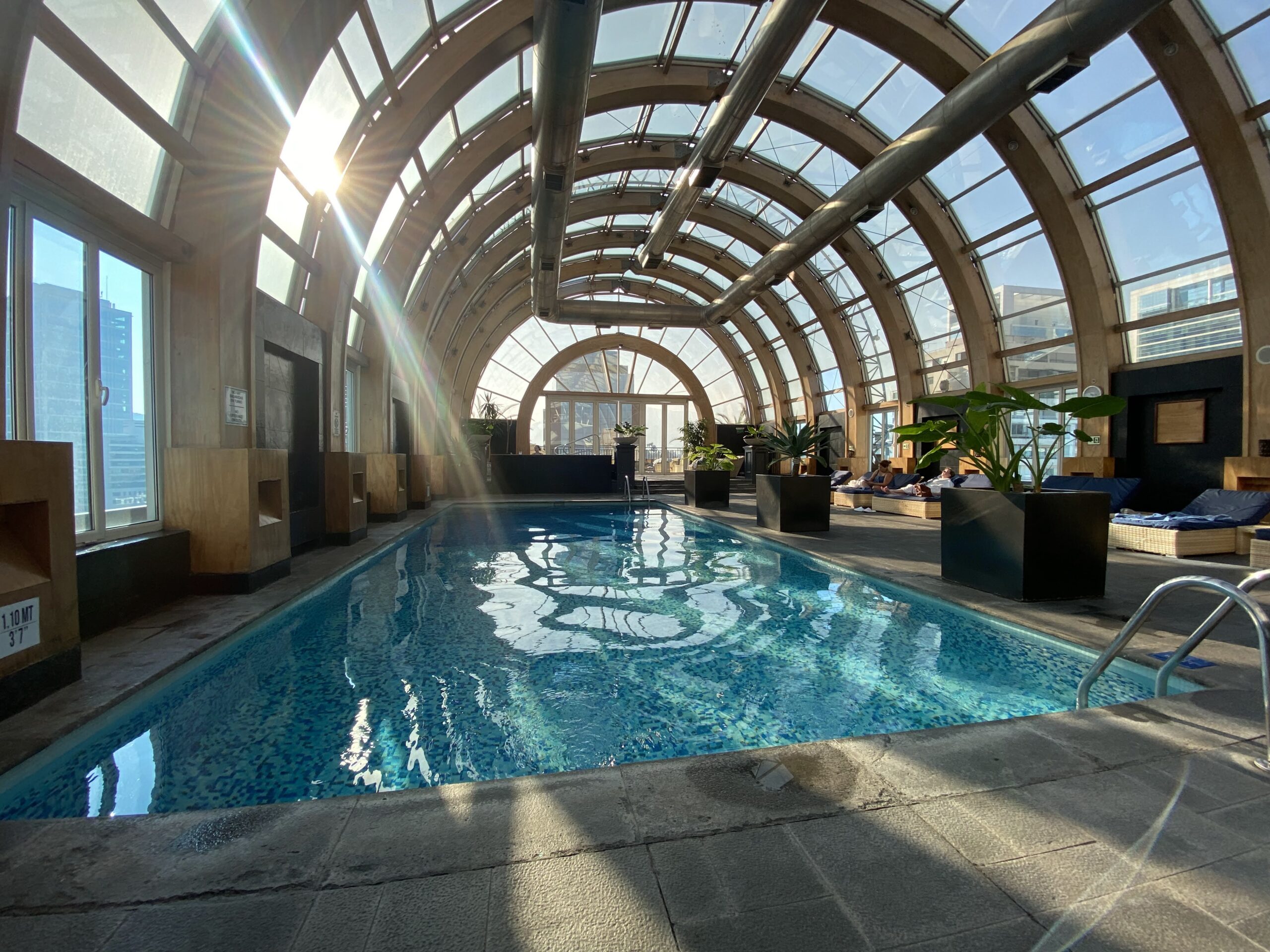
Our key question in running our experiment in booking two rooms via two different luxury booking platforms was to find out whether we would notice a difference in treatment for a booking made via Marriott’s own STARS program versus Amex’s FHR.
Keep in mind that a single booking through a single preferred partner booking platform at a single property is hardly a reliable sample size to make any definitive statements about the difference between the two programs. Still, we were curious to see what difference we encountered, if any.
In order to keep things on as even a playing field as possible, we booked the same base room type (a base room with 2 double beds) through both programs and made our reservations not only for the same stay date, but we made both reservations on the same date within an hour or two of each other so that there would be no significant difference in the lead time on the reservations. The Amex FHR reservation was made in Greg’s name and the Marriott STARS booking was made in Tim’s name. Both of them have Marriott Titanium status, which was key in making sure that one wasn’t more likely (at least on paper) to score an upgrade. Keep in mind that you can add your Marriott Bonvoy number to your booking through Amex FHR and both FHR and STARS bookings qualify for full hotel elite benefits, earn elite night credits, earn hotel points, etc. The price of both rooms was very close to the same — the STARS booking actually wound up being a few dollars cheaper, but it wasn’t a large difference (about $10).
As you might expect, many pieces of our stay experience were nearly identical. Both reservations received free Wi-Fi, the same complimentary breakfast, and the same $100 property credit (which we used toward lunch in the restaurant on our checkout day). Despite early check-in not being a listed benefit of Marriott STARS, we were able to check in for both reservations when we arrived at the hotel early in the morning. And both rooms received the same welcome amenity: a bottle of wine and some sweet (suite?) treats. I had specifically wondered whether welcome amenities may vary, though I didn’t expect that they would (and they didn’t). I’m also not sure whether the welcome amenity was a result of the booking platform or by virtue of Greg and Tim’s Titanium status, but there was no difference in treatment either way.
In the end, both rooms scored very similar upgrades, but there was a notable difference: in our case, our human travel advisor from TravelZork reached out in advance of our stay to ask about our upgrade preference, wanting to know if we needed to keep 2 queen beds or if we would be open to upgrades that might only include 1 bed. We had scoped out a junior suite with 2 queen beds that we knew was available and we said that we would be happy with that or any suite. What we didn’t want was to get upgraded to something like a corner room or room with a view that only had one king bed. If we were going to get an actual 1-bedroom suite, we would have surely had plenty of room for a roll-away and/or someone could sleep on a sofa, so we would have been OK with a 1-bedroom — but we noted the specific desire for a junior suite with 2 queens in the absence of a full suite upgrade opportunity.
Being able to specify the type of room upgrade was actually really nice. There are plenty of situations where I’ve actually taken the initiative to find an email address for someone at a hotel in order to voice my upgrade preference, and I’ve often (though not always) been successful with that approach, but in this case it was nice having someone who could handle that on our behalf.
And sure enough, it worked out: we got upgraded to that 2-Queen-bed junior suite the day before arrival (or at least that’s when Tim noticed in his Marriott app that our room type had been upgraded). While upgrades are officially based on availability at arrival through both programs, our room got upgrade in advance.
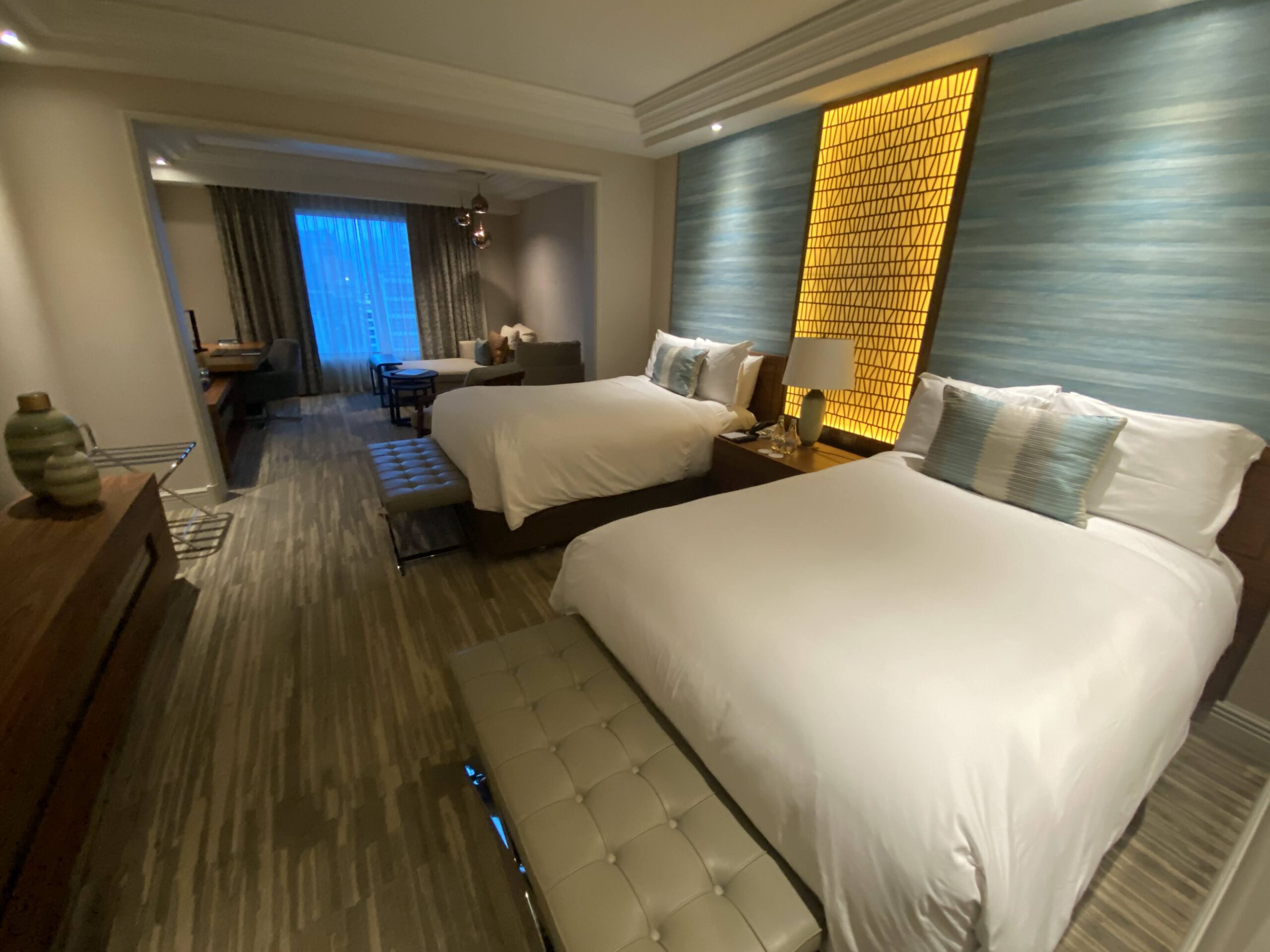
Greg’s reservation also got upgraded — but in his case, it got upgraded to a junior suite with 1 kind bed and that upgrade happened on the day of arrival. He saw the upgrade in the app that morning when we arrived in Santiago (before we got to the hotel), but not a day in advance as was the case for us — and his room got upgraded to a room with a single bed. In our case, that was fine — there was plenty of room in the junior suite for a roll-away and the L-shaped sectional sofas in either room were big enough that two people probably could have slept on one sofa in opposite directions, so we weren’t cramped for space by any measure between beds, rollaways, and sofas in two rooms. Still, I thought it was noteworthy that we had an “in” to voice our upgrade preference and not only was it heard but it was handled at least a day in advance of arrival.
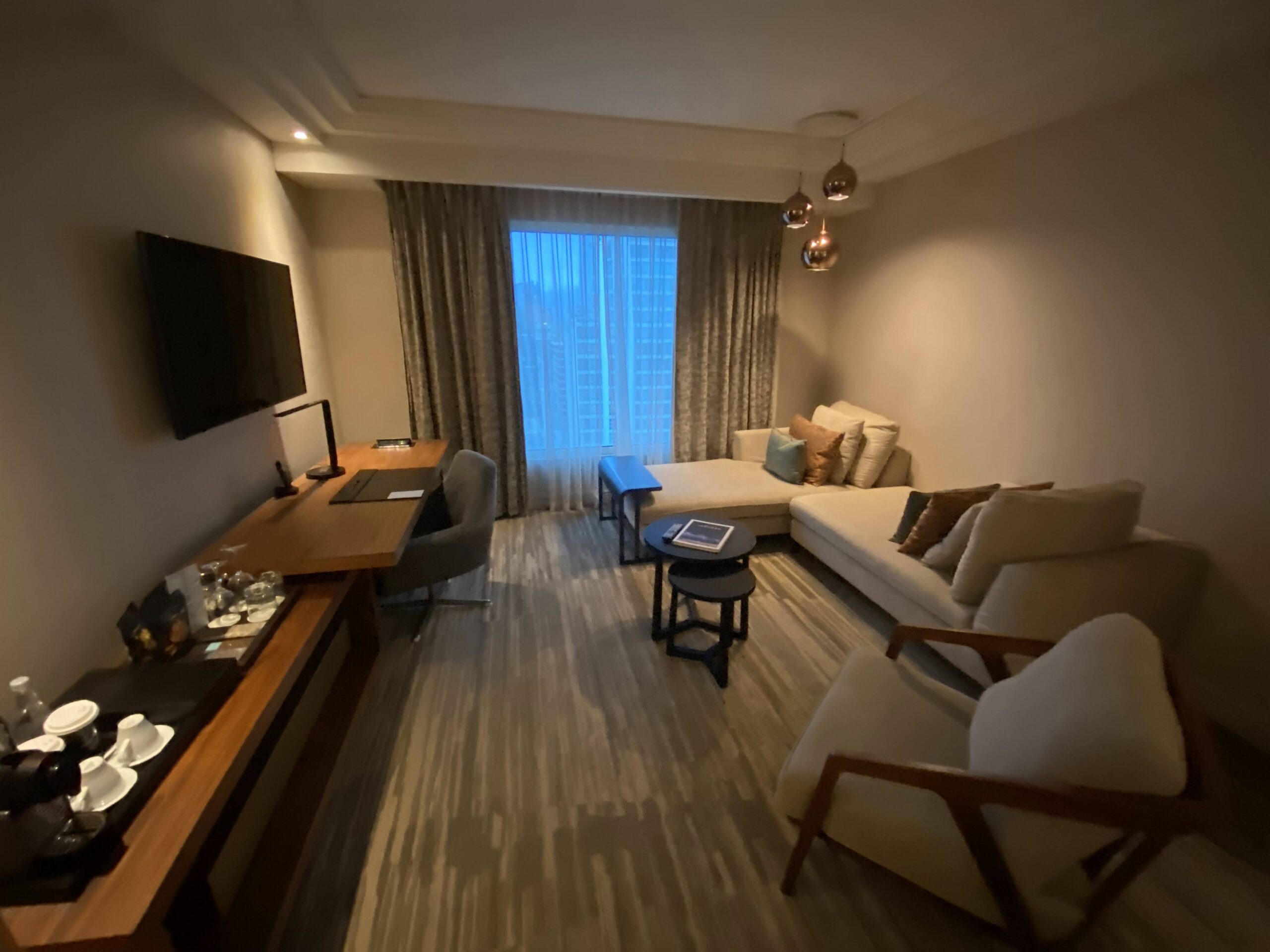
To be clear, I wouldn’t always expect an upgrade. I’m sure that upgrade odds vary tremendously by property, season, and tons of other variables. But I thought it was nice to have a human connection to the hotel who proactively reached out to inquire about our preference for an upgrade if available.
Bottom line
Perhaps unsurprisingly, the key difference in our experience making identical reservations through Amex Fine Hotels & Resorts and Marriott STARS was the human connection. While both bookings carried nearly identical benefits on paper (and an identical experience on-property during the stay in terms of benefits and treatment), the key difference was the ability to easily communicate upgrade preferences in advance — and then seeing action on that upgrade preference a full day before we arrived. At least in this case, the Marriott STARS booking received upgrade priority in that the upgrade was processed a day sooner.
That isn’t a surprising development (nor is it an indication that this will happen 100% of the time even at this specific property), but it illustrates at least a potentially strong advantage behind booking directly through a chain’s luxury booking platform if all other things are equal. I like these programs because they provide access to elite-like benefits whether or not you have elite status — and in this case, not even Greg and Tim’s elite status would have gotten us complimentary breakfast at a Ritz-Carlton property. If you’re booking a short and inexpensive stay, it will almost surely make more sense to do that through something like Amex Fine Hotels & Resorts (particularly if you’re looking to use your Platinum card benefit), but for a longer stay, and particularly in a situation where I had specific needs like an upgrade preference or other advance arrangements, I could see the value in utilizing one of the preferred booking platforms.
Don’t forget to shop around and compare against your other booking options — though in cases like our Ritz booking, don’t forget that even if we could have booked a AAA rate for a few dollars less, the value of free daily breakfast alone can make a pretty significant difference in instances where your hotel status wouldn’t otherwise entitle you to it. I always do the math to determine which booking platform makes the most sense, but I’d gladly use the STARS program again in the future (and I hope to eventually check out the Luminous program as well).


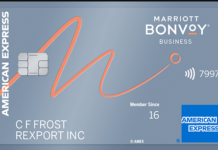


Please explain you failed to mentioned the 4pm guaranteed checkout with FHR that does not apply to Stars reservations? The guaranteed extra 4-5 hours is a huge benefit for a majority of guests (non super elites).
Good point that I should have mentioned that — that’s actually one of my favorite FHR benefits, so I’m surprised to have forgotten about it here, but I think the main reason it slipped my mind is because I’ve got Platinum status with Marriott, and the rooms for this stay were booked under Titanium members, so we had a guaranteed 4pm checkout no matter what with this being a Marriott property.
Interestingly though, while I love late checkout, I think it’s a stretch to say it is “a huge benefit for a majority of guests”. It’s definitely a great benefit for a lot of guests, but there are so many variables that I’d not at all be confident saying that it would even be useful for the majority of guests (hard to say how many even use it?), no less huge. Again, I’m not denying that late checkout is great when it’s useful — it definitely determines where I choose to stay sometimes — but there are plenty of circumstances where I have an early flight or it wouldn’t make sense to backtrack to return to the hotel in the afternoon to get my stuff, etc, that I’d be hesitant to call it a huge benefit for a majority of guests. It’s certainly a benefit and it’s one you won’t get through STARS (but that you will get in most circumstances if you have Marriott status).
I’d also say that you don’t need to be “super” elite with Marriott for late checkout. All you need is an Amex Brilliant credit card (which grants Platinum status) or a consumer card and a business card and 20 nights a year spent in Marriotts (which is a relatively low bar) to get 4pm checkout.
More relevant to this discussion, a 2pm late checkout if a Gold benefit and you get that automatically with your Platinum card — so at most you’re talking about an extra 2hrs when booking through FHR unless it’s a resort where Marriott doesn’t honor late checkout for elites. And if you don’t have a Platinum card, one consumer Marriott card and one business Marriott card would get you enough elite nights for Gold status. It’s a pretty low bar for at least 2pm late checkout anyway at Marriott. The guaranteed 4pm late checkout through FHR is awesome when that is handy, but not a massive advantage here.
Well said, though Gold 2pm checkout is not guaranteed.
Over the last 6-8 months, I’ve searched AMEX FHR for availability at different times of the year for cities including Berlin, Paris, Glasgow, Amsterdam, Basel, Edinburgh, and London. I could never find decent pricing, even when considering the breakfast for 2 and the assumed $100 location credit. For me, the FHR benefit is not factored in when considering to keep or cancel one of my Platinum cards.
You’re not going to find *any* cheap luxury hotel in Paris or London on just about any day of the year, though any booking channel — it would be like looking for a $500/mo apartment in Manhattan. Of course you won’t find that – it’s not the right market. There are markets that exist where you could get an apartment for $500 a month, but you need to be looking in those markets to have any chance at finding them.
I am less familiar with what’s available in the other cities you listed (I just looked up Berlin and found both the Waldorf-Astoria and Regent available for $300 or less on the first date I checked), but it obviously varies wildly. Just this morning, I booked an FHR stay in a European city that came to $200.95 — so after breakfast and credit, it’s a solid deal. Of course I could alternatively book numerous mid-tier places for ~$150 or a budget hotel for around $100, but between the $100 property credit and the breakfast and the ability to use the Platinum card benefit, I was happy with FHR.
We’ve written posts a number of times about how to find FHR deals. Back in April, I used a couple of FHR credits in Las Vegas that came to almost exactly $200. During our Party of 5 challenge, the Four Seasons Macau was less than $300 before the credit and the Ritz-Carlton Santiago was $238. Greg and I stayed at the Four Seasons Abu Dhabi a couple of years ago for $208 before the credit. I just now picked a random date in August and found some places in Spain ranging from $161 to ~$260. I found a night later this year in Vienna for $206. Vegas, Macau, and Abu Dhabi are all examples of markets where luxury hotels can often be booked cheaply, so those types of markets are the places to go to get an FHR booking right at the $200 mark. Markets like London and Paris are notoriously expensive hotel markets where a Residence Inn will likely cost you more than $200 a night, so any sort of luxury property will obviously be priced significantly higher (and the true luxury properties will be far more in those large cities where they can fetch as much as they want).
Again, in a market like Paris or London, there are plenty of rich people traveling all the time for the true high-end luxury properties to charge whatever they want, so of course the FHR options in those cities will be wildly more expensive than the already-expensive mid-tier properties. You want to consider markets where luxury hotels don’t cost that much more than mid-tier hotels because they don’t have the demand to charge a thousand dollars a night (either because they aren’t drawing in the wealthiest segments of tourists or because there are so many luxury properties competing for business that it keeps the price low).
I’m not convincing you that you should value the benefit — if your travels are primarily to places like London, Paris, Glasgow, and Basel, and you don’t ordinarily stay at properties costing $600 or $800 or $1000 a night, you probably aren’t going to find the benefit useful and that’s totally fair — there are few universals in this game. But there are indeed opportunities to get good value out of it — this year I have more trips to places where the credit could be useful than I have credits to use.
Thx for response, Nick. Agreed some (several) of the big cities will not have what we’re looking for. Fortunately, we were able to stay a week in Berlin at the Grand Hyatt on my Hyatt points (really enjoyed the hotel and the location). We’ve also booked the Hyatt Regency Blackfriars in London for next May (also using Hyatt points). And thx to FM and the Bilt challenge, we will enjoy the stay as Globalist members.
I guess the trick is to be open to destinations and timing (my wife and I are both retired) to get maximum availability and value. We couldn’t have enjoyed all the “free” travel in the last year or so without you guys, so thank you again – I’ve earned so much from your blog, AUA, podcasts and FM Insiders.
Is it possible with either program to apply SNAs to your booking since you can tie your membership number to the reservation? With the promised “improvements” to the Marriott SNA program later this year they may become more useful. I’m wondering if Marriott allows applying SNAs when booking direct with STARS which could be a differentiator if the same is not allowed with FHR.
I’ve read on FT about properties routinely running at high capacity (Hawaii) where FHR upgrades have been hit or miss because of being based on availability at check in, while SNAs seem to clear more regularly (maybe due to the earlier time window for upgrade).
Another difference to consider is earning potential with each reservation. With Amex FHR, if using the prepaid option (which is necessary to use the $200 annual Platinum credit), you would earn 5x Amex points. I am assuming with STARS, the best option would be a Bonvoy card earning 6x points. Personally I would value 5x Amex MR way more than 6x Bonvoy points.
One thing we have used with FHR recently is their frequent “stay X nights, get one free” option. Does STARS or other similar programs have these types of deals? We recently booked the Park Hyatt Melbourne (buy 3 get 1 free) and Conrad Dublin (buy 2 get 1 free). They ended up being great rates (Park Hyatt came out to be $180 USD/night, way better than the 20k points/night they were charging).
One comment. I used Amex Fine Hotels program on a booking in NYC (largely to use $200 credit.) While the program benefit says that it covers breakfast for two, what we received was something like $100 F&B credit that had to be used for breakfast (so we couldn’t use it for drinks or dinner) and was totally inadequate to cover the cost of breakfast which worked out to be more like $150 plus tip. We also received no upgrade whatsoever, just got exactly the room type that had been booked. It was my first use of Amex FHR and I have to say I was disappointed. In general if there is a discounted rate available, that’s probably a better value than paying FHR rack rate, and have to deal with Amex FHR prepayment model.
If that $100 credit would not cover at least an entree, a coffee, and a juice, or some other type of continental breakfast for two people, I would complain to Amex. There are indeed times when properties offer a food and beverage credit (typically if there is a buffet that seems to be included with most properties, but properties that only have an a la carte restaurant do usually get some sort of a spending cap), but in my experience they have typically covered breakfast comfortably. If it isn’t covering breakfast, the only way Amex would know is if people like you let them know that it’s not working as it’s intended. I’m sure they would want to know that so they can follow up to make sure that properties are providing the benefits that Amex is promising.
You definitely do have to do the math to decide whether the $100, a day breakfast credit (or whatever it is) and $100 property credit and late check out are worth whatever the difference in nightly rate is.
Then the hotel screwed up, because you should have received BOTH the $100 F&B credit and free breakfast for two. You could have complained and gotten that fixed. Also, FHR does not normally require prepayment.
Upgrades are subject to availability, but I’ve been upgraded about 90% of the time on FHR bookings.
Oh wow I totally missed that. Yes, as Mary says, you should have gotten a credit that was valid for breakfast and then also the $100 property credit. So if their practice is to give you a $100 credit that is only valid for breakfast to meet the complementary breakfast terms, you should have also gotten a $100 credit that could have been used for dinner or drinks or whatever (or some places make it a spa credit or something like that).
We did receive two credits. The $100 property credit which we could use any time. But instead of just a full breakfast, it was another $100 credit that could only be used at breakfast. At check-in we received a printed letter outlining the Amex FHR benefits, so it was put in writing. I shared a copy of the letter with an Amex contact but never got any follow-up. We had what was generally a good stay and while the un-upgraded room was small, it was nicely appointed with a nice view, but the Amex benefits were less valuable than I expected and had it not been for the $200 Platinum card benefit, I would not have booked via FHR. For what it’s worth this property is not affiliated with the big chains and is not part of any loyalty program
The dollar limit on the breakfast benefit felt like it was being stupidly cheap to me. I do not think you could have ordered an entree, coffee, juice and fruit for less than $60++ and the set continental (which was generous in what it included) was also around $60++. Unlike Hyatt which usually comps whatever you spend, they stuck to the $100 and charged the rest.
Yeah, that’s a bummer. I think that’s an issue you’re more likely to face in NYC than in other places with FHR for what it’s worth.
Thanks for sharing! It is interesting that you did not really see any differences when booking via both programs for the same stay. I have personally noticed two differences between the two:
-With STARS, I always seam to be upgraded a day or two in advance whereas with FHR, I was only ever upgraded at check-in.
-With STARS, I would receive a welcome amenity in the room, ranging from fruit/cake/chocolate all the way up to a very nice $50 bottle of chardonnay. I have rarely (if ever, even when I had Marriott Ambassador status) receive any in room welcome amenity via FHR.